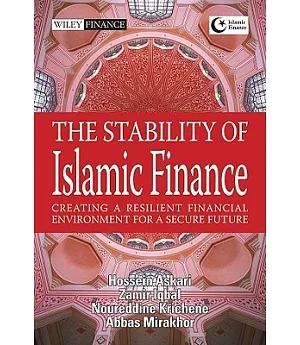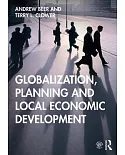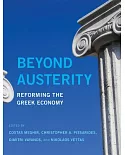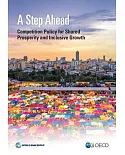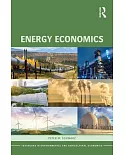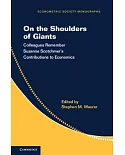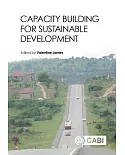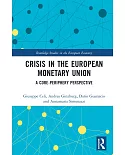This new book by a group of four Western-trained Islamic economists is greatly welcomed. It builds on and extends their earlier work on the topic and will become essential reading for all those
with an interest in the economic implications of Islamic finance.
The Stability of Islamic Finance develops themes that link Islamic finance to existing traditions in economics; that
assess the stability properties of Islamic financial instruments, and that explain some of the key Islamic concepts in economists' terms. It will be an invaluable source for those who want to
know more about the nature of the financial instruments that go to make up an Islamic financial system, and to understand how an Islamic financial system might work in a twenty-first century
context. It is a provocative and insightful assessment of the economic properties of Islamic finance that deserves to be read and reflected on by Islamic and non-Islamic economists alike.
Sir Andrew Crockett
President, JPMorgan Chase International
Former General Manager, The Bank for International Settlements (BIS)
In recent years, Islamic finance has evolved from a tiny "cottage" industry to an increasingly important and respected component of global finance. The industry has developed common standards
and practices, and has attracted the interest of issuers and investors outside the Muslim community. Yet, its economics and implications for financial stability are generally not well
understood. The authors make an important contribution to our understanding of the industry by linking its foundations not only to the teachings of Islam, but also to classical Western
economic thought. The authors also provide a convincing analysis of the structural weaknesses of conventional finance, and of the role of monetary policy in causing misallocation of resources
and boom-and-bust cycles. In the process, they make a case for the inherent stability and efficiency of Islamic finance. The book is scholarly, insightful, original in scope and highly
readable.
Cesare Calari
Managing Director, Wolfensohn Capital Partners
Former Vice President, Finance, The World Bank
The authors have written numerous books and articles on Islamic finance between them, and they bring a wealth of knowledge and experience to the topic. The Stability of Islamic Finance
is an important contribution to the discussion of the Islamic finance industry as a whole and its place in broader efforts to reduce the volatility of global financial markets.
Ms. Dr. Shamshad Akhtar
Vice President, Middle East and North Africa, The World Bank
The authors, whose academic credentials and practical experience are enviable, need to be heartily complimented for making another worthwhile contribution to the literature on Islamic
economics and finance. They have convincingly shown in this valuable book how Islamic finance can help the international community avoid the severe financial crises of the kind in which it is
currently embroiled. The timing of the book is perfect and those who read the book will not fail to realize that they have used their precious time in a highly productive manner.
Dr. Umer Chapra
Formerly Senior Economic Adviser, Saudi Arabian Monetary Agency Research Adviser, Islamic Research and Training Institute, Islamic Development Bank
The Stability of Islamic Finance is not only timely but extremely relevant. At a time the world is asking questions on how we can avoid the next crisis and whether there are
alternatives to the current system, which promotes increasingly damaging boom-bust cycles, the book provides answers to these and more. It gives us hope in that things can be better and we
need not be held hostage to the present system which promotes greed, inequality, excessive consumption and the rapid deterioration of the environment. If policy makers are serious about
addressing these issues and seek a change for the better, they should read The Stability of Islamic Finance.
Sani Hamid
Director, Wealth Management, Financial Alliance (Singapore)
Former Director, Sovereign & International Public Finance Ratings, Standard & Poor’s

